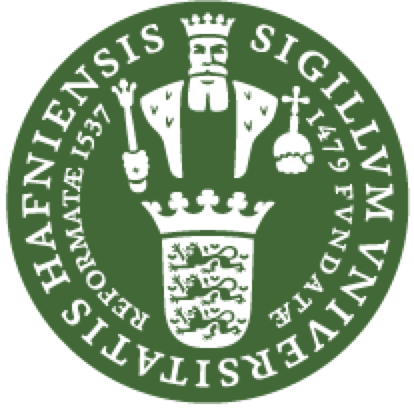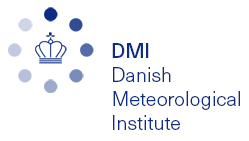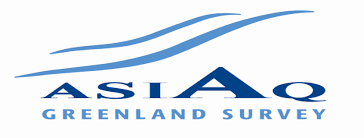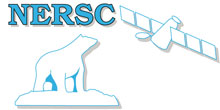User groups
Here we present the existing requirements from other expert organizations and user groups.
The Global Climate Observing System (GCOS)
The Global Climate Observing System (GCOS) represents the scientific and technical requirements of the Global Climate Observing System on behalf of the United Nations Framework Convention on Climate Change (UNFCCC) and Intergovernmental Panel on Climate Change (IPCC).
GCOS is a long-term, user-driven operational system capable of providing information on the total climate system. As such it comprises a multidisciplinary range of physical, chemical and biological properties, and atmospheric, oceanic, hydrological, cryospheric and terrestrial processes. GCOS is a joint undertaking between the following partners:
- The World Meteorological Organization (WMO);
- The Intergovernmental Oceanographic Commission (IOC) of the United Nations Educational Scientific and Cultural Organization (UNESCO);
- The United Nations Environment Programme (UNEP); and
- The International Council for Science (ICSU).
The Integrated Global Observing Strategy (IGOS)
The Integrated Global Observing Strategy (IGOS) is a strategic planning process initiated by a partnership of international organizations that are concerned with the observational component of global environmental change issues. The IGOS partners are comprise:
- The Global Observing System (GOS) and its' sponsors;
- The Committee on Earth Observation Satellites (CEOS); and
- International global change science and research programmes.
The Climate Modelling User Group (CMUG)
The Climate Modelling User Group (CMUG) is ESA’s climate modelling expert group in the Climate Change
Initiative (CCI) project. CMUG is a consortium comprising:
- The Met Office Hadley Centre;
- The Max Planck Institute for Meteorology;
- The European Centre for Medium-Range Weather Forecasts (ECMWF); and
- Météo-France.
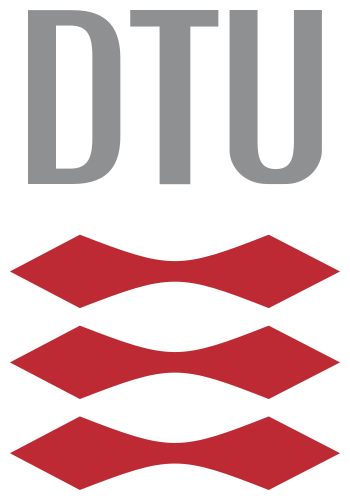
![Science [&] Technology](/sites/default/files/documents/admin/Partner Logos/st_logo.jpg)

